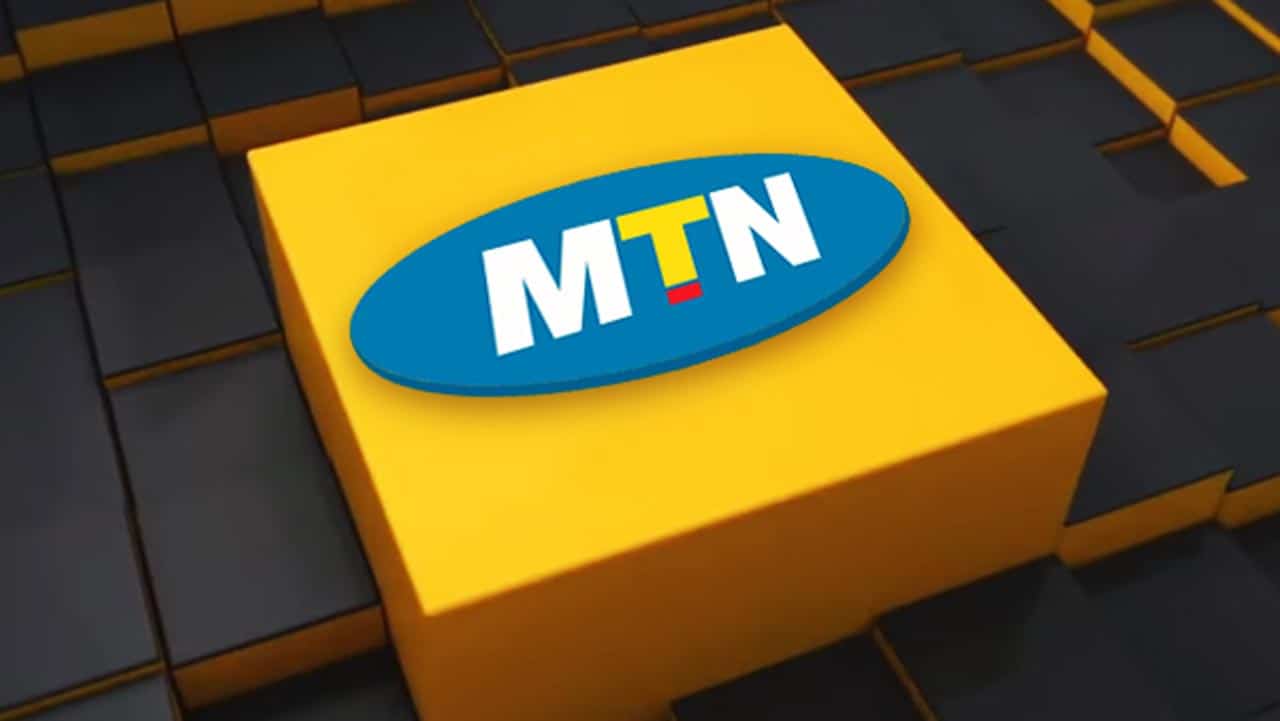Nigerians have expressed their displeasure over the recent terrible network, data depletion and shortchange recently witnessed by service network providers across the country.
Recall that following the #Endbadgovernance protest which began on the 1st of August, 2024, protesters accused the federal government of aiding network efficiency to disrupt sending of information even as the protest progresses.
Minister of Communications and Digital Economy, Bosun Tijani categorically denied government’s involvement in the network disruptions.
“There’s no instruction to tamper with the network, absolutely no instruction from my office,” Tijani stated. He explained that the high volume of online activity, as many people were not at work, could contribute to the network issues. “You also need to understand when you have a significant amount of people not at work, people are online. So you expect the traffic will be extremely high. And I’m not saying that’s the cause,” he added.
The minister emphasized that the government’s role is not only to ensure responsiveness from service providers but also to drive investments in the necessary infrastructure to provide quality service. He highlighted a significant lag in Nigeria’s telecommunications infrastructure, noting that the country needs 125,000 kilometers of fiber optic cable but has only invested in 85,000 kilometers so far.
“We need 125,000 kilometres of fibre optic cable lead. We’ve only invested as a nation, the private sector, 85,000 kilometres.
“This is the project that this government is prioritising. FEC has already approved this. Unfortunately, it won’t be done in six months,” Tijani said, indicating that the government is working to improve the telecommunications and connectivity services in Nigeria.
Meanwhile, the Nigerian Communications Commission (NCC) issued a directive to telecommunications operators to simplify their tariff plans, bundles, and promotional activities.
This move aims to provide clear, easy-to-understand, and accurate information about the cost of voice, short messaging service (SMS) and data services to subscribers.
The directive, titled “Guidance on the Simplification of Tariffs in the Nigerian Communications Sector,” was issued on July 29, 2024. It mandates Mobile Network Operators (MNOs) to publish a comprehensive table showing the features of their tariff plans and bundle offers.
Additionally, “operators must offer stand-alone data bundles at fair prices to avoid tying consumers with products they do not need; bonuses on promotions must be stated in actual value; access fees and asymmetric fee structures must be eliminated,” among other conditions.
The NCC emphasised that while complying with these guidelines, operators must also meet the Key Performance Indicators (KPIs) standards set out in the Quality of Service (QoS) Regulations.
Despite reactionary measures by the regulators, Nigerians still believe that the government is working with the telecoms to disrupt call and data usage, reacting to the network downtime and disruption, a user Mr. Solomon Oseagha who spoke with Leading Reporters lamented the current state of the network.
According to him, network service providers have given worse services in recent times despite huge money Nigerians dedicate to enjoying good and seamless service.
Mr. Solomon noted that it is time the Nigerian Communications Commission (NCC) wade in and expedite action by sanctioning the telecoms who has continued to shortchange data and calls usage at the expense of Nigerians.



